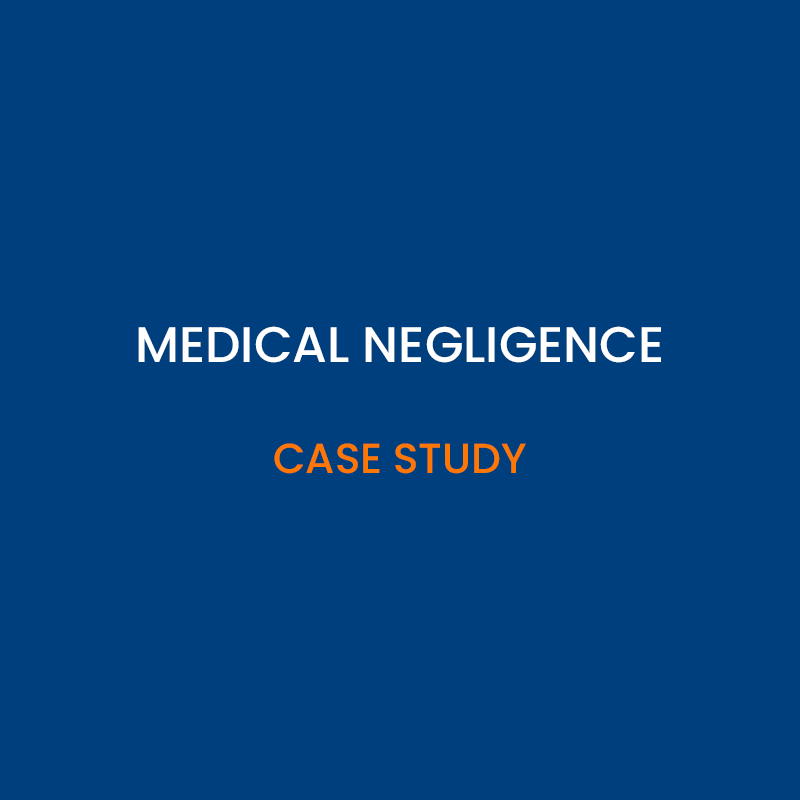Few doctors and fewer patients have any idea that it’s a crime for a doctor to treat a patient without the patient’s consent.
I don’t mean assault and battery. That’s old news. That criminal offence was formulated in the Offences Against the Person Act 1861, and is still the good law. A surgeon who operates on a patient without consent commits an assault. This was what Ian Paterson did, as a result of which he’s in prison for 20 years (increased on appeal from 15 years).
What I’m referring to is mainstream. This isn’t about butchers like Ian Paterson. This is about normal interactions between doctors and patients. It’s about trust, how the relationship between doctors and patients is more difficult than it used to be.
The criminal offence is new – in legal terms, I mean.
S:22 of The Health and Social Care Act 2008 (Regulated Activities) Regulations 2014, makes it an offence for a “registered person to fail to comply” with certain regulations, one of which is that “Care and treatment of service users must only be provided with the consent of the relevant person”.
Translating into the English language, this means, a hospital can be prosecuted if doctors treat patients without consent.
The crime is not assault. The crime is treatment without consent.
I will give you a scenario – a real case.
A patient goes in for surgery. When the anaesthetist administers the anaesthetic, his heart rate goes up, his blood pressure changes, his skin develops a rash – in short, he has an anaphylactic reaction (as some people do from peanuts). The surgery is stopped before it’s even started.
The patient is sent for allergy testing. A few months later he comes back for his surgery. This time the anaesthetist administers different anaesthetic drugs. The surgery proceeds without complication.
Unfortunately, the patient has to return for further surgery (his third attendance for surgery with the same surgeon). This time he has a different anaesthetist.
Before the surgery a form is completed on which it is stated that the patient is allergic to one particular anaesthetic drug. He also tells the junior assisting anaesthetist his history of allergy to the one identified anaesthetic drug. He is anxious, understandably. He meets the senior anaesthetist briefly. The senior anaesthetist doesn’t want to talk to him, doesn’t want to know more about his medical history. He simply tells the patient that he need not worry.
The senior anaesthetist administers the same drug that caused anaphylactic shock. The patient has another anaphylactic shock episode.
The senior anaesthetist decided he knew best. He didn’t feel the need to engage with the patient’s anxieties, or to engage with the fact that the patient did not give actual or implied consent for the administration of a drug that nearly killed him once, and then nearly killed him a second time.
That is what lawyers would call prima facie evidence of a crime, the crime of treating a patient without consent.
It’s a sad statement on society’s perception of doctors that Government decided it had to legislate to create a criminal offence resulting from failure to obtain patient consent. This is, in my opinion, more a commentary on social attitudes than a genuine remedy, since I have yet to hear of any prosecution.
However, I should add, the CQC, the enforcing authority, does take this seriously. It has produced 100 pages of guidance on compliance with the 2014 Regulations which includes lists of offences.
Is it surprising that in the field of medical negligence there are so many claims based on failures of doctors to obtain informed consent before they set about their patients with the knife?
John Holtom, consultant solicitor
Office 01582 417208 (Dunstable)
Office 0207 790 7311 (London – ask for Talha)


